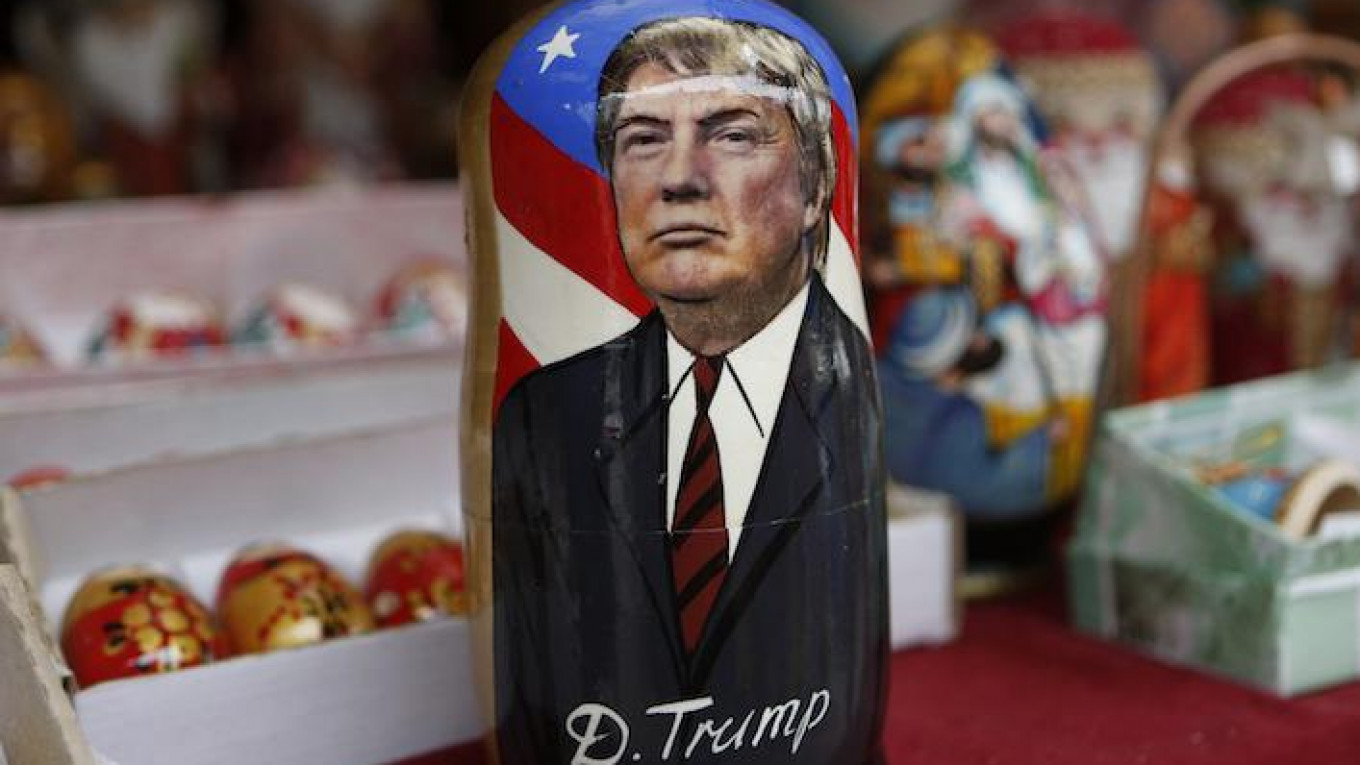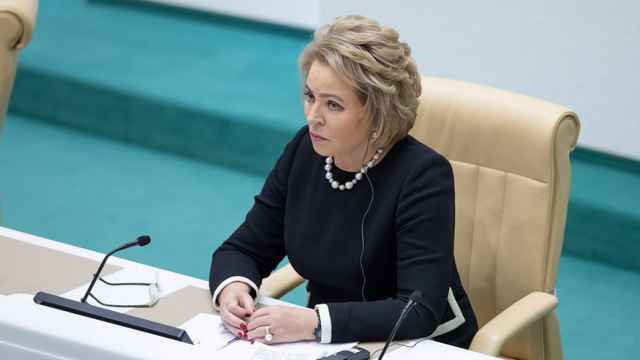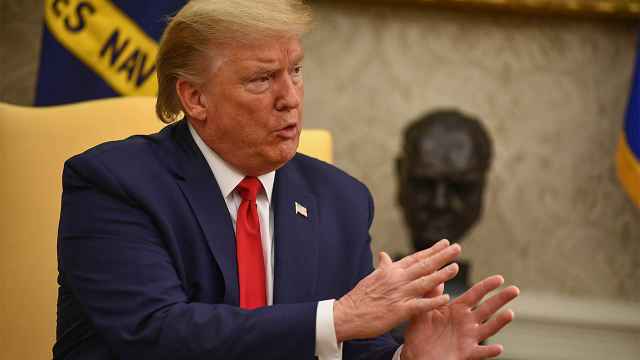Donald Trump will be the next president of the United States.
A Trump presidency is perhaps the least predictable in American history, but one thing seems certain: a sea-change in U.S.-Russia relations is on its way.
Relations between the two historical superpowers are the worst they have been at any point since the end of the Cold War. Successive crises in Georgia, Syria, and Ukraine have put the two on a collision course.
Hillary Clinton’s widely anticipated victory was expected to reinforce this adversarial policy. An experienced Russia hand, Clinton did not approach Moscow with any sense of optimism or naiveté. She was expected to revisit the issue of arming Ukraine and play hardball with the Kremlin across Europe and the Middle East.
Trump was less specific about his intended policies on Russia and Ukraine, but he regularly praised President Vladimir Putin and talked of the need to work together with Russia. In a way, Trump will likely attempt his own version of Barack Obama’s failed 2009 “reset” of relations with Russia. While Trump and Putin may see eye-to-eye on many issues, there are areas where they may butt heads.
The Moscow Times looked at several areas
that will define U.S.-Russia relations under President Trump.
Syria and the Middle East
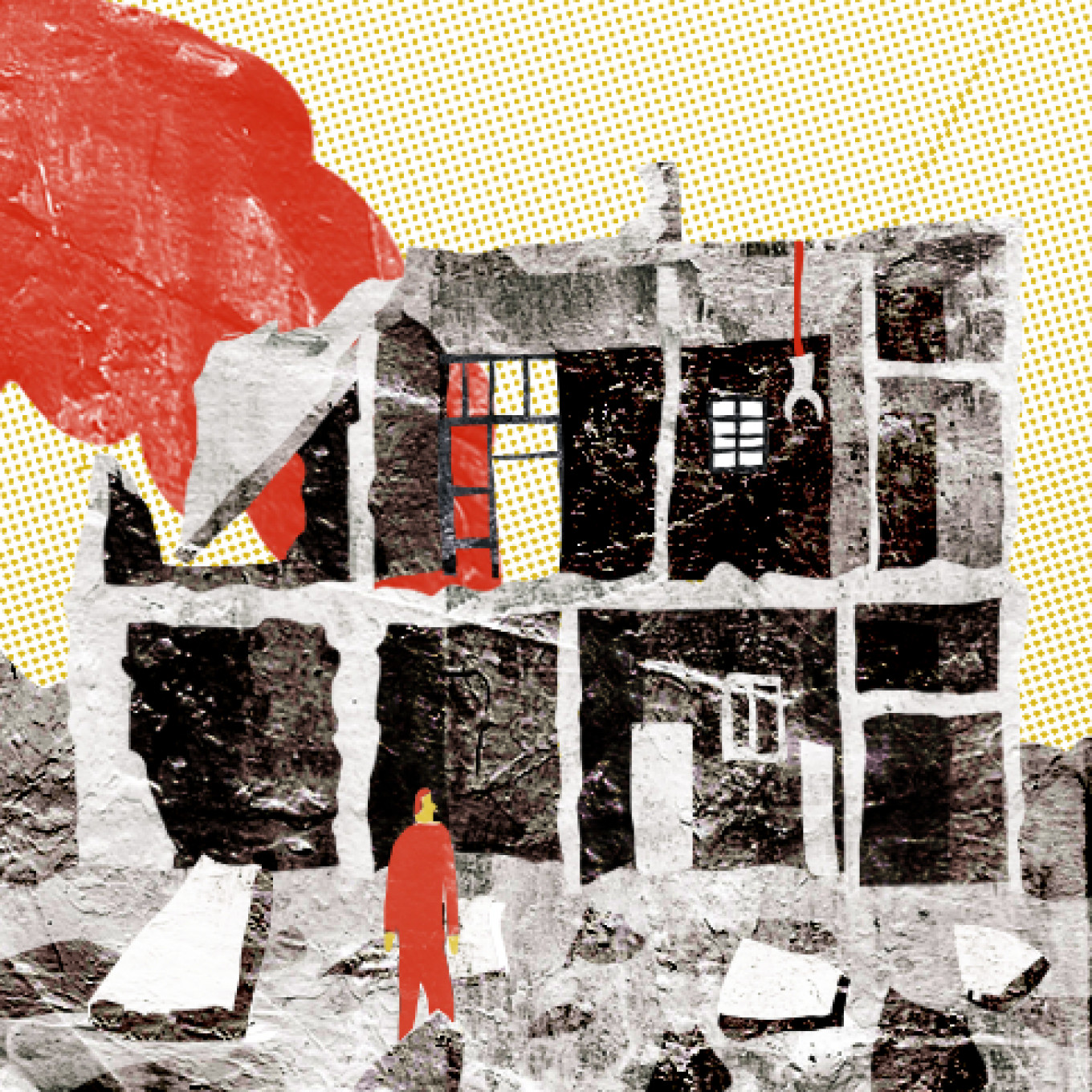
The most dramatic change under
President Trump may come in the Middle East. Russia’s military
operations there have severely limited President Barack Obama’s policy options.
Moscow has significantly staked its domestic and international reputation
on its support for Syrian President Bashar Assad. Trump, like Obama,
won’t be able to change Russia's approach. But, unlike Obama, he is likely to embrace it.
Efforts to work with Russia in Syria over the past year were highly personalized. Any chemistry between Secretary of State John Kerry and Russian Foreign Minister Sergei Lavrov failed to bring results. Now, dialogue is virtually non-existent. Trump, however, has other priorities and is quite a different beast than the Obama administration.
“You’re not fighting Syria anymore, you’re fighting Syria, Russia and Iran, all right? Russia is a nuclear country,” Trump told Reuters two weeks ago, warning U.S. intervention would spark World War III.
The president-elect is likely to accept whatever fait accompli Russia presents him with as he enters office in January. This, more than likely, will be a military victory for Assad over the opposition, says Russian foreign affairs expert Vladimir Frolov.
Trump’s own vision on how to combat the Islamic State remains unclear, and he declined to elaborate on it during the campaign. That said, at a rally in early September, Trump pledged to “convene [his] top generals and give them a simple instruction: 30 days to submit to the Oval Office a plan for … defeating Islamic State.”
“Any nation who shares in this goal will be our friend in this mission,” he said.
Trump
will have to reconcile obvious contradictions in his approach to the
Middle East. He has slammed detente with Iran, and specifically said
the Iran nuclear agreement was a bad deal. But he will need to work
with Russia and Iran in Syria. Meanwhile, his Islamophobic rhetoric
on the campaign trail, if turned into policy, may undermine
relationships with Arab allies in the fight against the Islamic
State.
Ukraine and Sanctions
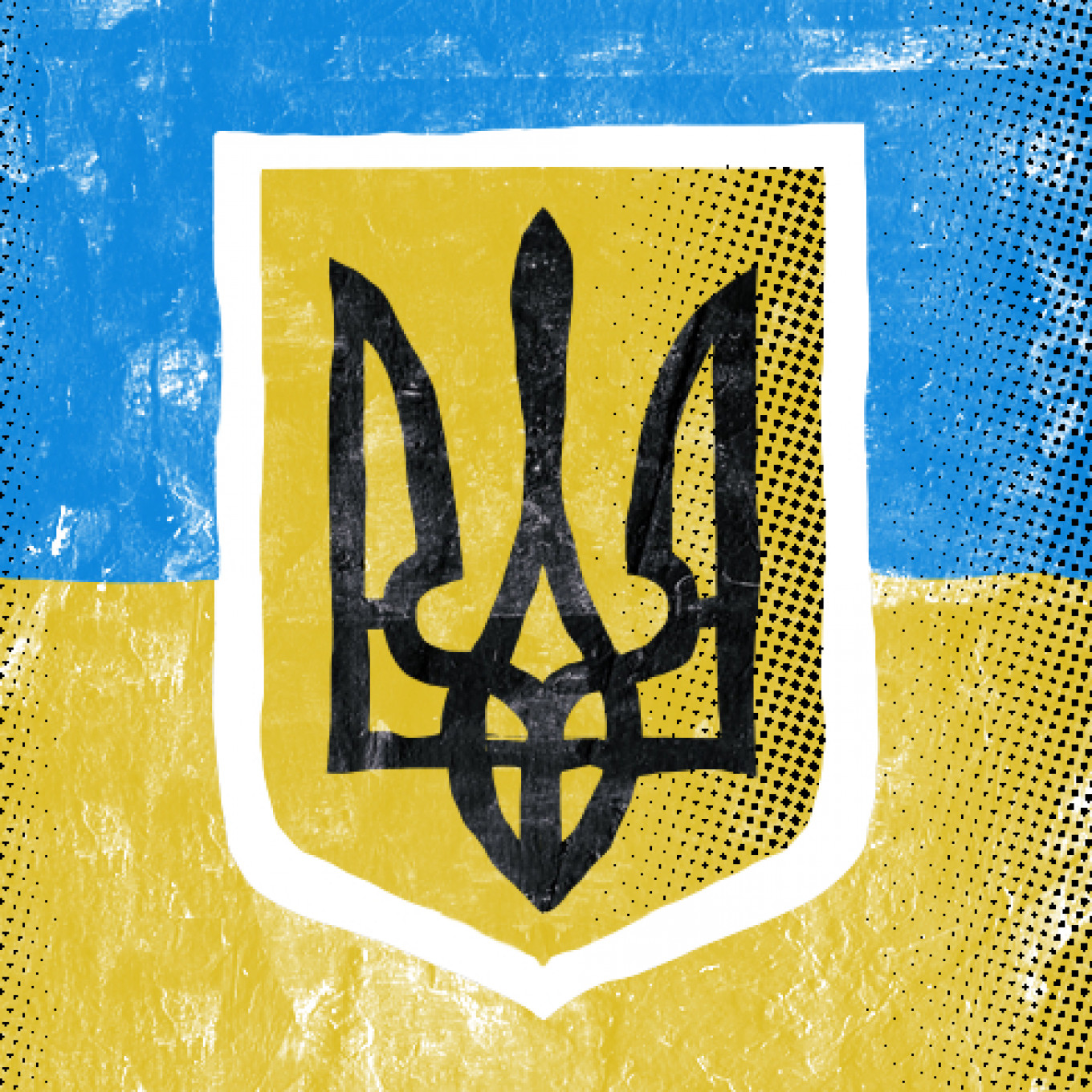
When Russia shocked the world by
starting military operations in Syria in September of last year, it
did so with an eye on Ukraine. By leveraging influence over Assad,
the Kremlin thought it might be able to persuade Washington to make
concessions on Ukraine and sanctions.
That turned out to be a miscalculation. Obama stressed Ukraine would be treated as a separate issue; and in diplomatic circles, “compartmentalization” became the new buzzword. Russia was told in no uncertain terms that sanctions would only be dropped if the February 2015 Minsk Agreement was implemented in full.
So far, this line held in both Washington and in Europe. But much of the West’s commitment to the policy has hinged on the dual leadership of the American president and German Chancellor Angela Merkel, who may herself be on her way out. Across Europe, commitment to the policy of sanctions against Russia is faltering.
Trump is certain to reassess America’s commitment to Ukraine. In July, the president-elect was asked if he would recognize Crimea as Russian territory. Yes, he replied. He “would be looking (sic) into that.”
If campaign positions are any indication, Trump is also likely to ask European leaders to assume most of the burden in Kiev. “Where’s Germany?” He asked in an August 2015 interview. “ I mean, we’re like the policemen of the world.”
Trump has also opposed arming Ukraine with lethal military
equipment.
NATO
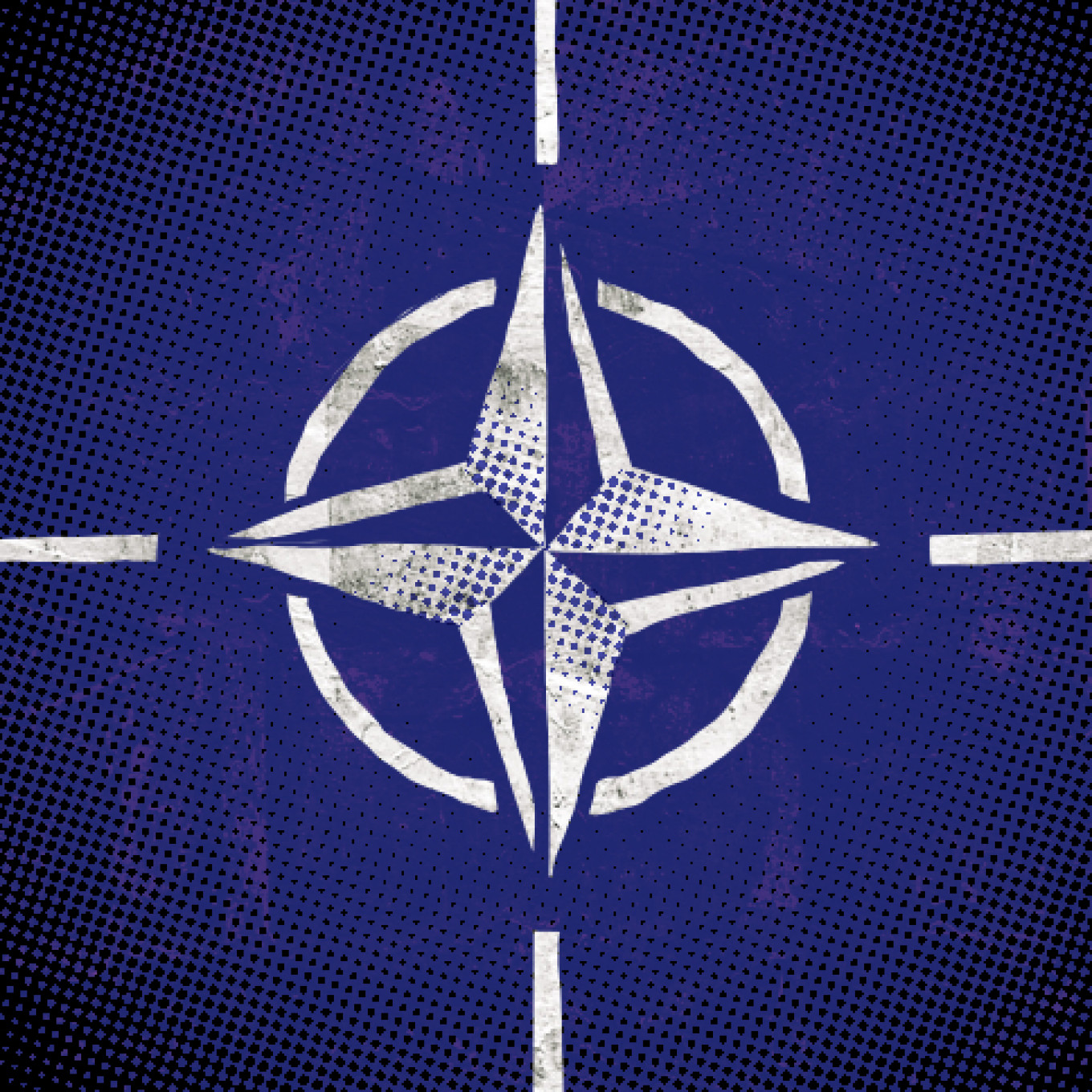
Trump’s Ukrainian policy is tied to his opinion of
the 28-member NATO military alliance. The president-elect has openly
criticized the alliance as an outdated structure too focused on
Russia and ill-suited for combating the challenges of international
terrorism.
In a July interview with the New York Times, Trump suggested he would not honor Washington’s defense commitments to NATO members in eastern Europe. While Obama underwrote moderate deployment costs, Trump wants members to pay up for American defense in full.
“If we cannot be properly reimbursed for the tremendous cost of our military protecting other countries,” Trump said, “then yes, I would be absolutely prepared to tell those countries, ‘Congratulations, you will be defending yourself.”
Such words are music to the Kremlin’s ears, which has protested against increased NATO presence near its borders. They are also likely to make nations like Poland and the Baltics more jittery. Life under the Soviet yoke remains a real and significant national memory for these nations.
At a rally in April, Trump hinted that the U.S.
might even withdraw from NATO if other members do not increase
contributions. “Maybe NATO will dissolve,” he said. “That is
OK, [it’s] not the worst thing in the world.”
Counter-terrorism

If Trump abandons Ukraine and forges a
relationship with Russia in Syria, it could open the door for a
potentially fruitful area of cooperation: international
counter-terrorism and intelligence sharing. The U.S. and Russia have
tried to work together in this area before, but the Ukraine crisis
put a stop to it. Disagreements over Syria have only deepened the
rift, despite the common threat of Islamic terrorism.
Trump owes much of his victory to promoting a hard line, offensive war against terrorism. In many ways, he probably looks to Putin on this issue. The Russian president has pursued ruthless counter-terrorism strategies in Russia’s southern Caucasus region. Trump has said Russia would be a key partner in the war against the Islamic State.
But Trump might find himself frustrated in attempts to make a good counter-terror deal with Russia. Even before the breakdown in relations, cooperation had not been without problems and Russia reportedly only ever shared partial information on threats. After the Boston bombing, U.S. officials alleged Moscow could have helped prevent the attack if more information was shared.
On occasion, Moscow has also tried to use the counter-terrorism banner to further its
own aims, for example to legitimize its tough actions in Chechnya,”
says Mark Galeotti, an expert in Russian security affairs.
Arms Control
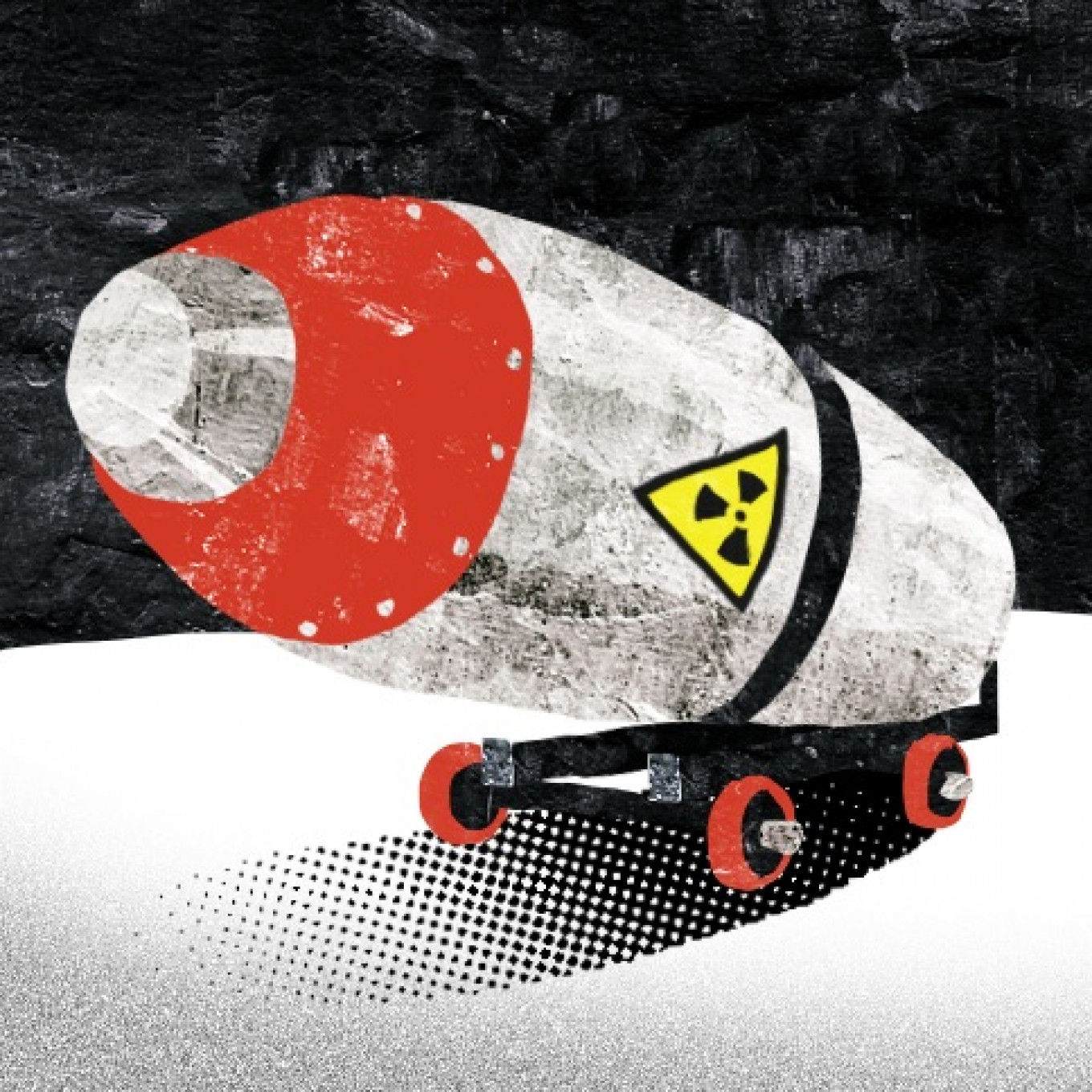
Arms control treaties have always been a cornerstone of U.S.-Russia relations. Every U.S. president has tried to
negotiate cuts to nuclear arsenals; not all of them have
succeeded.
Beyond criticizing the New START treaty signed early in Obama’s presidency, Trump does not seem to have touched on nuclear reductions while campaigning. But it is an issue his administration will have to address.
New START was the high watermark of Obama’s attempted “reset” in relations with Russia. Both sides continue to work toward reducing arsenals to the agreed upon 700 missiles and bombers and 1,550 warheads by 2018. But the treaty expires in 2021. Trump must, therefore, begin negotiations on the future of U.S.-Russia arms control by the end of his first term.
Trump is faced with two options: New START has a provision for extension until 2026. The alternative is harder: start from scratch to negotiate a new treaty.
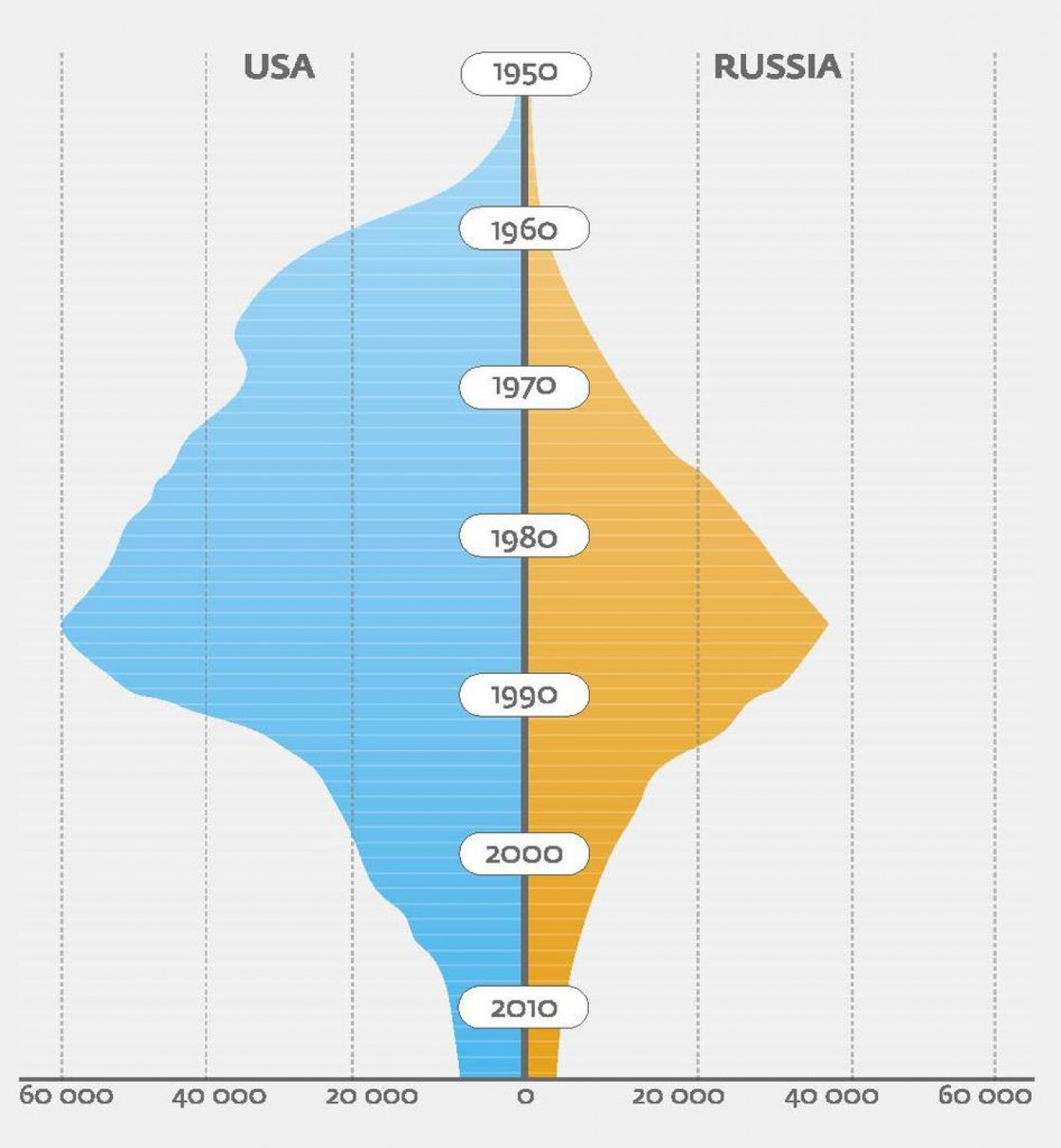
To secure a new treaty, Trump will have to resolve ongoing disputes with Russia over adherence to the landmark 1987 Intermediate Nuclear Forces (INF) Treaty. Both sides have accused the other of violating INF in recent years. The Kremlin will also likely want to see U.S. concessions on things like missile defense and hypersonic weapons.
Trump considers himself a deal maker. In the 1980s, he reportedly even offered himself up as a one-man arms control negotiator with the Soviets. Considering that his stated platform devotes significant attention to military armaments and restoring a perceived loss of American strength, Putin will find Trump difficult to work with on arms control.
Trump may well prove a serious challenge for Putin. While he adopted populist positions during the campaign, his next two months will be focused — perhaps for the first time — on forming serious policy positions. What emerges from this process depends heavily on whom Trump surrounds himself with.
In many ways, the only certainty is that we are entering uncharted territory in U.S.-Russia relations. Predictable enmity is now out the window.
A Message from The Moscow Times:
Dear readers,
We are facing unprecedented challenges. Russia's Prosecutor General's Office has designated The Moscow Times as an "undesirable" organization, criminalizing our work and putting our staff at risk of prosecution. This follows our earlier unjust labeling as a "foreign agent."
These actions are direct attempts to silence independent journalism in Russia. The authorities claim our work "discredits the decisions of the Russian leadership." We see things differently: we strive to provide accurate, unbiased reporting on Russia.
We, the journalists of The Moscow Times, refuse to be silenced. But to continue our work, we need your help.
Your support, no matter how small, makes a world of difference. If you can, please support us monthly starting from just $2. It's quick to set up, and every contribution makes a significant impact.
By supporting The Moscow Times, you're defending open, independent journalism in the face of repression. Thank you for standing with us.
Remind me later.


